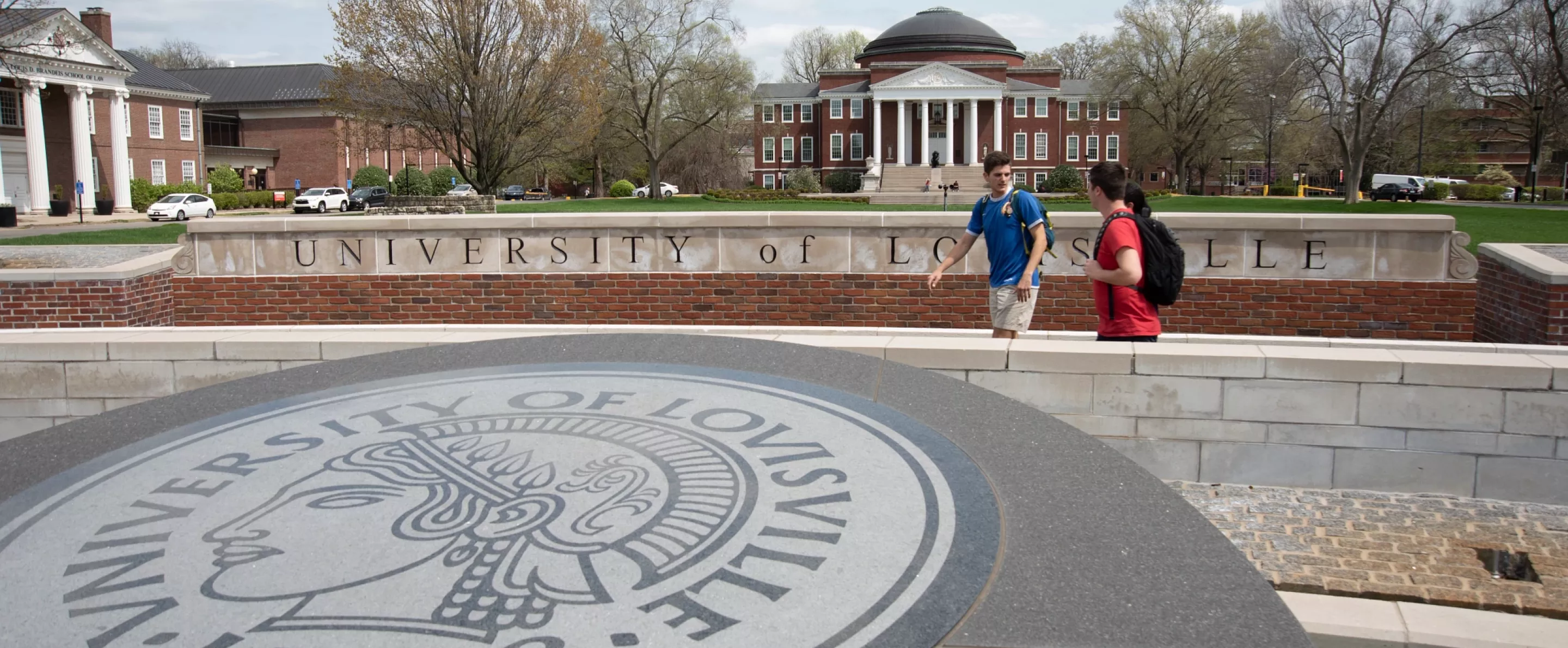University Fellowships Overview
The University of Louisville Graduate School offers university fellowships to outstanding prospective doctoral graduate students. These prestigious awards include a stipend, full tuition coverage, and health insurance. Designed to attract high-quality doctoral students, these fellowships highlight our commitment to your academic and professional development. Graduate School fellowships offer a commitment of two years of funding from the Graduate School and two years from a student’s program (total of four years of funding). There is no service obligation during the two years funded by the Graduate School.
- Award Period: The fellowship covers August 1 through June 30, and is renewable for one additional year beginning July 1.
- Stipend Rate: Minimum $18,000 per year, varying by discipline.
- Additional Support: After initial years funded by the fellowship, students are typically supported by faculty research grants, training grants, or other fellowship sources within or external to the department.
- Employment Restriction: Fellowship recipients cannot undertake additional paid work, except under special circumstances with the Dean’s written consent.
- Graduate students MAY NOT self-nominate. Only academic department Chairs or Directors of Graduate Studies can nominate students after a faculty committee review.
- Nominations are due the first Monday of February for the following academic year, with a rolling basis acceptance post-deadline.
Highest-quality candidates are evaluated based on academic records, research experience, community service, leadership, creativity, resilience and unique backgrounds contributing to the program.

